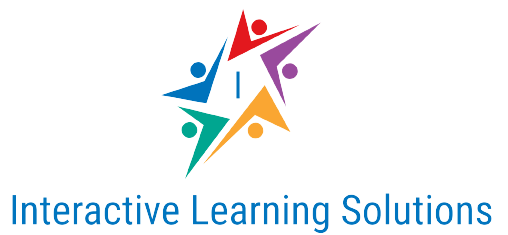
How Business Analysts can leverage tools like ChatGPT?
Business analysts can leverage tools like ChatGPT in various ways to enhance their analytical capabilities and streamline communication. Here are some ways business analysts can use such tools:
- Data Exploration and Explanation:
- Business analysts can use ChatGPT to explore and explain complex datasets. They can ask natural language questions about the data, receive detailed explanations, and gain a better understanding of trends and patterns.
- Report Generation and Summarization:
- ChatGPT can assist in summarizing large amounts of data or generating concise reports. Analysts can provide input specifications or queries, and ChatGPT can help in producing summaries, making the reporting process more efficient.
- Natural Language Querying:
- Business analysts can interact with data using natural language queries. Instead of writing complex SQL queries or using specific analytics tools, analysts can have conversations with ChatGPT to retrieve information and insights from datasets.
- Idea Generation and Brainstorming:
- ChatGPT can be a valuable tool for idea generation and brainstorming sessions. Business analysts can discuss challenges, opportunities, or potential strategies with ChatGPT to stimulate creative thinking and explore various perspectives.
- User Support and Interaction:
- ChatGPT can be used to enhance user support and interaction. Business analysts can integrate ChatGPT into customer service platforms, allowing users to ask questions and receive relevant information or assistance in real-time.
- Requirement Clarification:
- During the requirements gathering phase, analysts can use ChatGPT to clarify ambiguous requirements. By engaging in a conversation, analysts can obtain additional details and insights, ensuring a more comprehensive understanding of project requirements.
- Decision Support:
- ChatGPT can assist in decision-making processes by providing additional information or alternative perspectives. Business analysts can discuss different scenarios, potential risks, and mitigations with ChatGPT to make more informed decisions.
- Training and Onboarding:
- ChatGPT can be employed for training purposes, helping new analysts understand processes, tools, and best practices. It can answer questions related to onboarding, creating a more interactive and dynamic learning experience.
- Automating Routine Tasks:
- Business analysts can use ChatGPT to automate routine and repetitive tasks. This can include generating standard reports, responding to common queries, or handling administrative tasks, allowing analysts to focus on more complex and strategic aspects of their role.
- Market Research and Trend Analysis:
- Analysts can use ChatGPT to gather information on market trends, competitor activities, and industry news. By conversing with the model, analysts can quickly access relevant information and stay up-to-date on key developments.
When using tools like ChatGPT, it’s essential to recognize their strengths and limitations. While they can provide valuable assistance, human expertise is crucial for interpreting results, ensuring ethical considerations, and making informed decisions based on the generated information. Additionally, it’s important to consider data privacy and security implications when using AI tools in business analysis.


